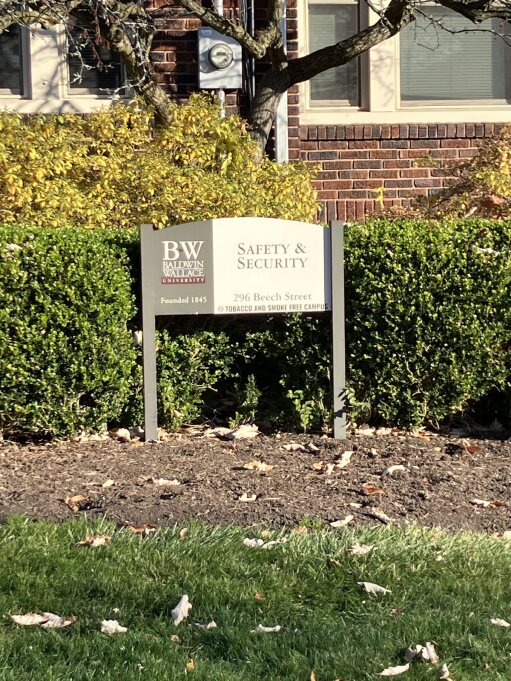Near the end of January, a Baldwin Wallace University student contacted Chief Information Officer Melissa Bauer and Security Analyst Nathan Wynn after receiving a check from what was presumably BW’s payroll department. The student reached out to confirm if the
check was legitimate.
“They were impersonating BW’s payroll department via email,” Wynn said. “They were spoofing an email address that had a display name of [email protected]. It doesn’t exist. We don’t host it.”
The student was nearly caught in what Wynn called a “check scam.”
“Some anonymous source will contact you saying they have an opportunity for you to get paid, or they’re going to give you money for a shopping spree or something along
those lines,” Wynn said. “The student responded and sent over their resume and a couple other pieces of information, nothing like social security number, credit card number or anything like that.”
Chief Information Security Officer Tom Mathis said many scammers have been utilizing artificial intelligence in recent phishing attacks.
“Keep in mind a lot of the scammers are not native English-speaking people,” Mathis said. “But with the advent of ChatGPT and artificial intelligence, you can’t say the English is poor. AI is now making those spoof emails.”
Wynn pointed out a few potential red flags in emails or text messages that could indicate that the message is a scam.
“If you’re not expecting the email, that should set off red flags,” Wynn said. “Grammar issues should set off red flags. Immediate services, that’s another one. If they’re emailing you saying you need to take action right this second, that should set off more red flags.”
For any phishing concerns or technological problems, contact Baldwin Wallace’s Information Technology department at (440) 826-7000, [email protected] or their on-campus location at 20 Beech St.































